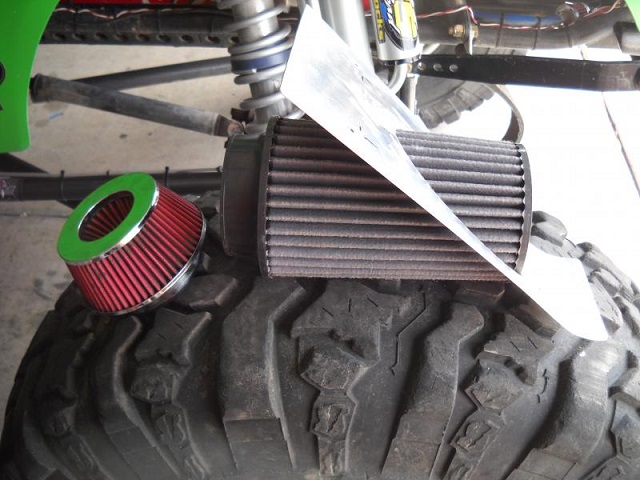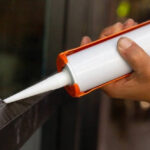Far too many people undermine the importance of air filters. Some don’t acknowledge their existence, while others just don’t care whether it’s dirty or not. This is mainly due to mechanics not informing their customers in a timely manner, and only tend to it after something has gone terribly wrong. You typically notice that something is wrong with the air filter by the way your vehicle sounds.

The primary function of a 4×4 air filter is to provide dirt protection and ensure high air flow to the engine. In other words, they’re designed to provide minimum restriction of air to the engine which results in improved engine performance measured in throttle response (torque) and horsepower. If you want to take it further, you can opt to buy a high performance 4×4 air filter.
As you probably know, all internal combustion engines need fuel and air to operate properly. Without air, the diesel or gasoline fuels can’t burn properly and provide the energy that is needed to power the engine. The air that the engine uses in the combustion process needs to be cleaned, otherwise debris, dust and dirt accumulate, which can result in poor engine performance.
Moreover, dust and dirt can rub on the crucial metal parts of the engine, thus making them wear down and eventually break down and they’ll have to be replaced. So it basically costs a lot less to replace a dirty air filter than to replace parts of the engine. Additionally, most modern engines require a precise air to fuel ratio to function optimally. So if your car is deprived of air, the ratio is imbalanced and that can put more stress on the engine.
So how often do you need to replace the air filter? Well that depends on the type of air filter you have. Standard air filters need to be replaced on annual basis, while high-flow performance filters don’t clog as easily, so you might need to perform some cleaning every once in a while to keep them in good shape.
As is the case with most other car parts and accessories, you can find air filters that are OEM and aftermarket. OEM filters will typically specify the make and model of vehicle they’re manufactured for, while aftermarket filters can be manufactured for specific makes and models, and as universal filters, made to fit multiple types of vehicles. Either way, the filter should specify what vehicle it’s made for, which makes shopping for them relatively easy even for those who don’t have much knowledge.





















